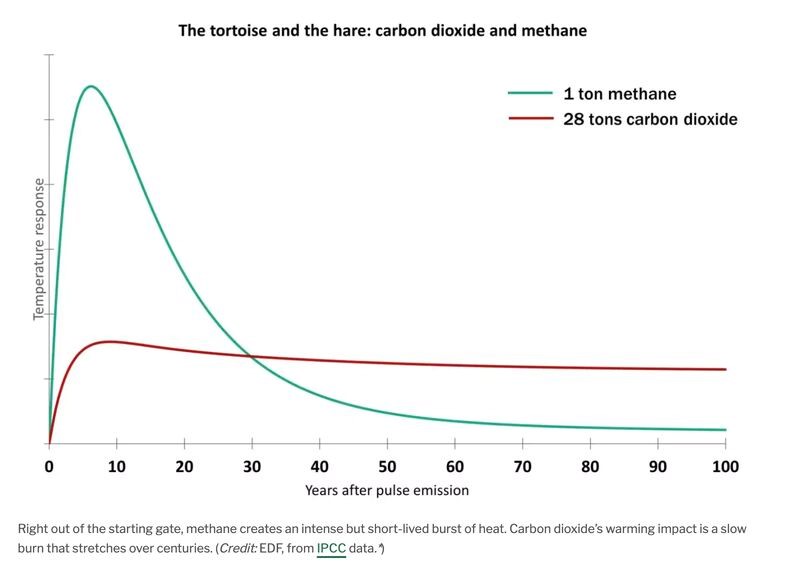Report and photos: Filip Blagojević, youth delegate of RES Foundation in Baku
After a few tens of thousands of steps traveled at the COP in Baku, we entered the “stunt”. The way of functioning of this conference is now a little clearer for us, our goals have crystallized a little, and the steps towards learning and finding out as much as possible at this COP are becoming more energetic and bold. Between the sessions, panels, lectures and presentations, we were now more interested in the negotiations themselves, but it’s certainly not that we didn’t visit the rest. So before we move on to the negotiations, we would like to inform you about some interesting lectures and panels that we attended.
In the past few days, we were on a panel dealing with the integration of climate actions into sustainable financing, where were representatives of various countries and where it was stated that billions of dollars will be needed in order to achieve the set goals by 2030. On that panel, we also had the opportunity to hear statements from our neighbors, Romanians and Croats, where Romania stated that it has the lowest emissions of GHG gases per capita in the European Union, while Croatia pointed out that their country is also affected by climate change, alluding to the recent floods.
We were also at the “high level” dialogue of the Adaptation Fund; fund that serves to finance vulnerable communities and developing countries with the aim of their adaptation and development of resistance to the harmful effects of climate change. Although to some extent we managed to hear something new about the fund, we could still hear more about who gave and how much money. Because that session was a bit like the morning after the donor dinner, since the countries mainly recapitulated how much money they had invested in the fund so far; some even announced future investments, and the representatives of the fund sincerely thanked them. However, we also managed to hear that it is necessary for countries to have adaptation plans for climate change and their energy and climate plans so that investments can be made according to priorities. It was emphasized again that climate justice must be the main financial goal of this COP.
One of the most interesting panels was the one on the importance and method of using Energy and Climate Plans in order to successfully implement the transition from the use of fossil fuels and preserve biodiversity. One of the focuses was on the importance of countries calculating methane emissions carefully and accurately, because one unit of methane has almost 28 times the potential for global warming than the same amount of carbon dioxide, i.e. 28 times more harmful effect. Therefore, its emissions have an enormous impact on global warming. However, methane remains in the atmosphere for only ten years, while carbon dioxide can persist for up to a hundred years. So, in the long term, carbon dioxide is much more harmful to global warming, while the impact of methane on the short term is many times worse. Thus, it was pointed out that the focus should be on reducing methane emissions as much as possible, because this will enable its short-term harmful effects to be reduced and that the current temperature rise will be easier to control and that it will be possible to reach the short-term goals for limiting it. , until 2030. This is highlighted for all countries, and especially for those that use tankers and ships, that they should include these emissions because they are among those that are most often overlooked.

On this panel, we also heard an interesting example from a minister from Bolivia, who was also a lecturer, who pointed out that Bolivia went in the opposite direction with the energy transition, because before it produced electricity mostly from renewable sources, mostly from hydroelectric plants because Bolivia has a lot of hydro potential, a lot of mountain rivers with a large amount of energy. However, now the situation is reversed and the Government of Bolivia has favored the use of natural gas, from which today the largest percentage of electricity is obtained. She emphasized that this is precisely why they are in crisis today, because gas reserves are drastically decreasing, and their economy and energy production have become too dependent on it.



